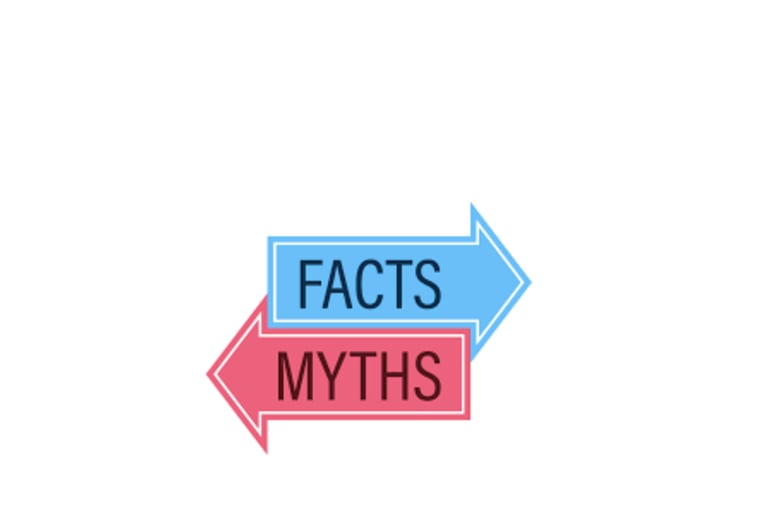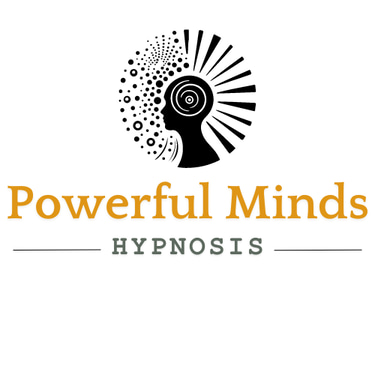

Did you know that hypnosis is a natural state we all experience daily? Whether it’s just before falling asleep, getting absorbed in a movie, or even while driving, we often shift in and out of hypnosis without even realizing it!


Being in a hypnotic state allows us to download programs, much like a computer. Children, up to around age 7, are in a Theta state, which means they are continuously absorbing and downloading everything they experience to lay the groundwork for their future. As adults, we are influenced by these early programs, but updating or adding new ones can be more challenging because our analytical mind is now in the way.


With hypnosis, we guide you into a deeply relaxed and focused state to quiet the analytical mind and open the doors to the subconscious. In this state, you become more suggestible, allowing you to absorb new information more quickly and deeply. This process helps reprogram your mind to align with your goals, creating harmony with who you are and enabling you to live a fuller life.




Myth: Hypnosis is mind control.
Fact: Hypnosis is a collaborative process where you remain fully aware and in control.
Myth: You can get stuck in hypnosis.
Fact: You will naturally return to a normal state of awareness after a session, just like waking from sleep.
Myth: Only weak-minded people can be hypnotized.
Fact: Anyone with the ability to focus and be open can experience hypnosis, regardless of strength of mind.
Myth: Hypnosis is just for entertainment.
Fact: Hypnosis is a therapeutic tool used to address various issues like stress, anxiety, and habit change.
In hypnosis, we work with the subconscious mind, which acts like a memory bank storing all our past experiences. This part of the mind influences our behaviours and reactions. It also operates in automatic mode—once a new program is added through repetition, it runs on its own without us having to think about it. For example, it’s like driving or riding a bike; you don’t have to consciously think about every action.
Our brain operates at different frequencies throughout the day. When we’re fully awake, our brainwaves are at a higher frequency. As we relax and move toward sleep, these frequencies decrease. Hypnosis occurs when we reach a brainwave state known as Theta, which is a deeply relaxed and focused state.


What is Hypnosis ?


The Subconscious Mind
What Is the Purpose of a Hypnotic State?
How Can Hypnosis Help Me?
Here’s a bit of science behind it.
